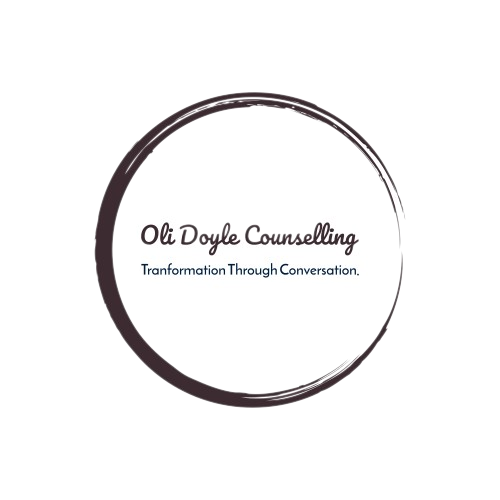Think of a time when something hard happened in your life and the emotions connected with that experience will probably leap back into view. This is how us humans work, our bodies respond to thoughts as if the event was present now.
And if you give that feeling tone a name, like anger or sadness, you could then sit and breathe with it for a while, connecting with those feelings and letting them move.
This acceptance, the allowing of feelings, is healthy, connected and simple and it lets us feel what we feel and process emotions as they come up.
But mostly we don’t do this.
Mostly, instead, we try to make the feeling go away, we react to it, we seek control. After all, says the mind, control works well in the physical world. I pull the weeds and they’re not there anymore, I change the tyre and the new one works.
I solve the problem and it goes away, so why can’t I do that with feelings?
Thanks mind, that’s a bloody good question. What is the problem with treating feelings like a problem? Couldn’t we solve them and then just pick which ones we let back in?
No…but we can try!
What’s Wrong With Emotional Control?
Imagine a world where nobody drank alcohol to numb their pain, where parents didn’t yell to relieve their stress, where people didn’t use coercive control of others to manage their own fear, anger and jealousy.
What would it take for this world to exist? We would have to learn to feel.
In the culture I swim in, so called bad feelings are treated like vermin. They shouldn’t be alive inside us, the culture explains, and so we need to do things to keep them away or push them down deep inside.
This way of living is called living in the service of emotional control.
Maybe you avoid social situations because they generate anxiety. Maybe you watch TV beside your partner instead of engaging in a conversation that might involve connection (and the risk of being hurt). Maybe you don’t exercise because it feels uncomfortable, or brings up pain connected to body image issues.
All of these behaviours are in the service of something and that something is the quest to feel good.
This is the quest of our times for many. Scroll through Insta or Facebook or anywhere else people post about their lives and you will see images of people at their best, looking good, feeling good, living their best life.
See enough of these pictures and your mind will get the idea that everyone else is feeling good, looking good, doing good, and that you, therefore, are not enough.
You need to do more, you need to be more. And you should feel good.
Sadness, anger, guilt, distress, none of these feelings have a place in this way of living. They have to go. And so we search for ways to make them go away (and stay there).
“Emotional Control isn’t the solution; it’s the problem. In order to gain the illusion of control over painful experiences, the client must sacrifice living a vital life. The irony is that painful experiences can’t be controlled or eliminated in the first place and that attempts at control are what actually make painful experiences even more painful.”
Robinson, Strosahl and Gustavson, Brief Interventions For Radical Change.
The Paradox of Control (or why fighting feelings makes them worse):
I am leading a workshop today for a group of professionals I care about, who work with clients I care about even more, and I want to be able to help. In three hours I’ll be there, talking with these professionals about trauma, doing my best to support their learning.
And I know that, right before I start, I will feel anxious. My heart rate will increase, my stomach will be tight, my breathing will want to get shallow. I know all this already.
If I believe the thought anxiety is bad then I will need to try to get rid of it, and when I can’t, I will worry, I will get angry at myself, I will be stressed.
At this point I will be angry and worried and stressed, not about the workshop, but about the anxiety.
And there is only one way to get rid of the anxiety… don’t do the workshop. Call in sick, reschedule for another day, quit this work and get a job at a supermarket.
This is the only way to feel good in the short term. If I did this, I would feel relief from the anxiety…and then I would be sad and disappointed for the rest of the week.
This is the Paradox of control, that trying to control feelings makes the feelings bigger while our lives get smaller.
That’s great…but what can I do instead?
“In effect the ‘answer’ the mind presents to the problem is to kill off the yearning to feel unless the feeling is good. Acceptance instead helps us to spread our arms wide and take the bad (so-called) with the good (so-called) and open up our capacity to feel, sense and remember. We learn to FEEL good, instead of only trying to feel GOOD. We say to the Dictator Within, ‘You can’t make me turn from my own experience.’ We develop emotional flexibility.”
I’m sorry to say that the way out is in, that the only way to develop a healthy relationship with feelings is to get to know them directly. This practice has many names, including acceptance, emotional openness and emotional flexibility, and I will explore what these processes are, and how we can develop them, in my next article.

Recent Comments